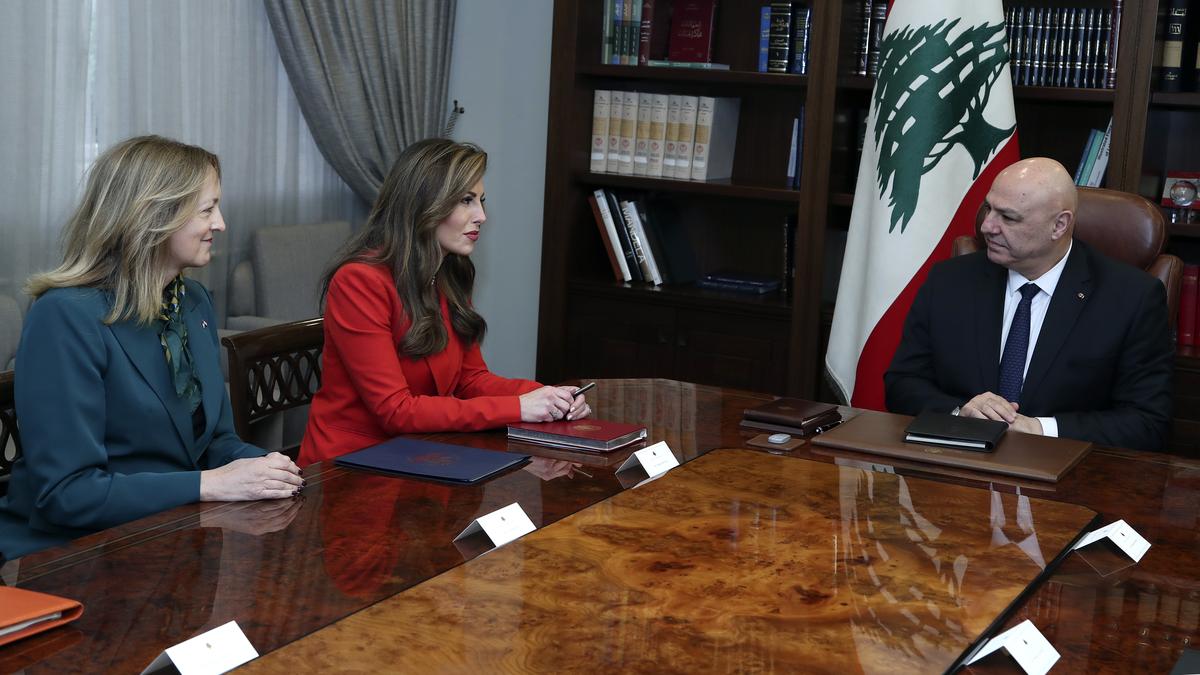
U.S. draws ‘red line’ over including Hezbollah in Lebanon’s govt: New envoy Ortagus
The Hindu
New U.S. envoy aims to keep Hezbollah out of Lebanon's government, amid ongoing tensions and ceasefire violations.
A newly appointed U.S. envoy said Friday (February 7, 2025) that she hoped Lebanese authorities are committed to making sure that the Hezbollah militant group is not a part of the new government in any form.
Morgan Ortagus, a former State Department spokesperson and U.S. Navy Reserves officer, recently assumed the role of deputy special envoy for Middle East peace in Donald Trump’s administration, replacing Amos Hochstein, who helped broker the ceasefire that ended the 14-month war between Israel and Hezbollah.
“We are grateful to our ally Israel for defeating Hezbollah,” Ms. Ortagus said in a press conference, following a meeting with Lebanon’s President Joseph Aoun.
“It is thanks to the Lebanese President Aoun and the Prime Minister-designate Nawaf Salam and everyone in this government who is committed to an end of corruption, who is committed to reforms and who is committed to making sure that Hezbollah is not a part of the new government in any form.
“We have set clear red lines from the United States that (Hezbollah) won't be able to terrorize the Lebanese people and that includes by being a part of the government," she added.
In response, Lebanon’s presidency said in a statement on X: “Some of what was issued by the U.S. Deputy Envoy to the Middle East, Morgan Ortagus, from Baabda expresses her point of view, and the Presidency is not concerned with it.” Lebanese parliamentarians have named Nawaf Salam, a diplomat and former judge at the International Court of Justice, as Prime Minister-designate, tasking him with forming a government in a country that has been in caretaker mode since 2022.
Despite Salam’s stated commitment to forming a government, progress has stalled. Lebanon’s sectarian power-sharing system allocates key positions among Christian, Shiite and Sunni factions, with dominant blocs — Hezbollah and the Amal Movement for the Shiites, and the Lebanese Forces for the Christians — insisting on their share of ministerial portfolios.













